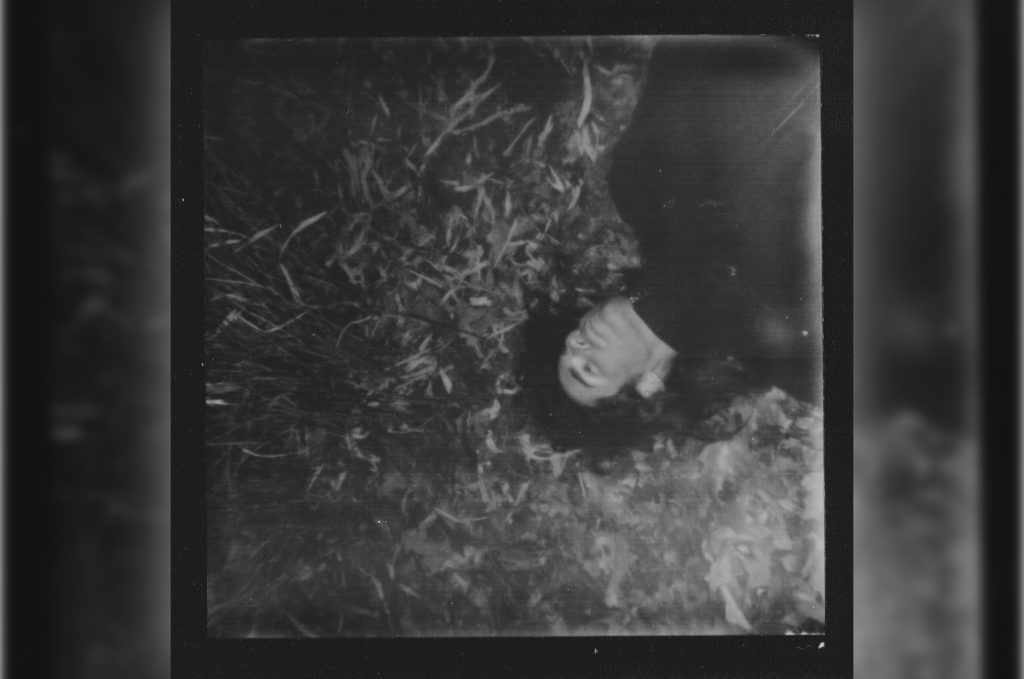Album Review: Matthew Connor Ponders the Empty Spaces That Remain Amid Life’s Unsettling ‘Disappearances’
By Richard Marcus

When someone vanishes from our lives, we feel it. While some people are merely way stations along our various paths, leaving behind only faint memories, others create indelible impressions – burning themselves into our minds and on our souls. On his first full length release in eight years, Disappearances, Boston-based multi-instrumentalist Matthew Connor delves into the heartbreak and anger associated with watching people vanish from our lives.
Connor isn’t easy to categorize in terms of genre or style. Most of the designations floating around these days are either too generic or too specific to properly define his abilities. While it’s tempting to try and lump him into one classification or another, the sophistication of his music, his vocal range, and the elegance of his lyrics push him beyond simplistic distinctions.
And really, there’s nothing easy about this collection of songs. There are no stark exclamations providing listeners with any kind of color commentary around the theme of disappearances. Instead, Connor conjures flickering black and white images with his writing. Like the audience at a noir film, we watch his characters move through an uncertain landscape populated by the specters of those no longer present.
From the opening track, “Heat Lightening,” we’re thrown into a world of moving shadows and quivering light. Not only does the title suggest an image of dark skies briefly illuminated by streaks of flashing light behind dark roiling clouds, the lyrics carry us into the supernatural environment that this type of display suggests: “Saw something strange last night/I don’t know what it was/Maybe some trick of the light or some kind of faerie dust.”
It begs the question: What kind of world have we wandered into? What’s going on in this dimly lit place? Well, it turns out they are dredging a reservoir searching for a body. Gradually, Connor fills in the details of the disappearance with stark descriptions and commentary (“He’s a bright white boy with bright white teeth/ so this time the reporters came”).
While the sardonic words come dangerously close to sounding a false note, Connor brings us back to the ambiguity expressed by the title through the last verse. We start to wonder about the narrator’s relationship to the missing person as he plaintively asks his companion to come upstairs because he can’t face being alone—because he really needs a friend.
The fuse is then lit for a series of songs that revisit this terrain from multiple vantage points. In the chilling “Don’t Wait Up,” crooned entirely in his falsetto, Connor inhabits the world of a family dealing with a missing young girl. The tension he summons by contrasting the tippy-top of his voice with the darker tones of the finger-picked melody lands the listener right in the thick of it—an uncomfortable, fevered dream. Fitful sleep. Ongoing anxiety. And yet he does it with such grace, he transforms an incredibly unsettling scenario into a thing of mesmerizing beauty.
The type of grief experienced by some of Connor’s characters is hard to communicate through song without becoming maudlin, sentimental, or trite. Yet he does an admirable job of avoiding melodrama’s quicksand. His beguiling baritone eases into our awareness, letting the stories speak for themselves. The carefully executed arrangements of guitars (including pedal steel), strings, drums and vibraphone, create atmospheres complimentary to the overall mood he’s conjuring and provide stirring accompaniment for his striking voice.
Connor miraculously avoids falling into a repetitive trap despite repeatedly engaging the same topic. As each song reflects on the different ways people can disappear from our lives, the music shifts. Each new vignette has its own slightly modulated tone, becoming a distinctive chapter in this little book about coping with loss.
And the losses are varied in scope. In “Lose My Number,” he recounts losses that are more universal—the loss of friends as a result of our sociopolitical divide… people we thought we knew. In another scenario, someone may crave to disappear from their own life—from their specific set of circumstances, like a self-imposed witness protection program—because they don’t feel safe, (“Never, Never, Never).
Disappearances is a gorgeous, compelling album about a difficult topic. Connor has created a set of ten penetrating songs that explore the reality of coping with loss without veering into sentimentality. Each track on the album is an emotionally truthful, delicate, and intricate examination of the subject, amounting to something of a remarkable achievement. Connor is a singer-songwriter at the root, but he’s doing something unusual within that sphere. Suffice to say there are merged elements of chamber-pop, Americana, and cabaret-noir strewn throughout Disappearances, creating a theatrically-toned musical stage on which he lets his stories play out. It’s a left-field rock opera sung by a queer Bryan Ferry.
Richard Marcus has been writing about music, films, and books since 2005. He’s published three books commissioned by Ulysses Press. He currently edits the Books section at Blogcritics.org and is a regular contributor to Qantara.de. He lives in Kingston, Ontario Canada with his feral accomplice and their cat.